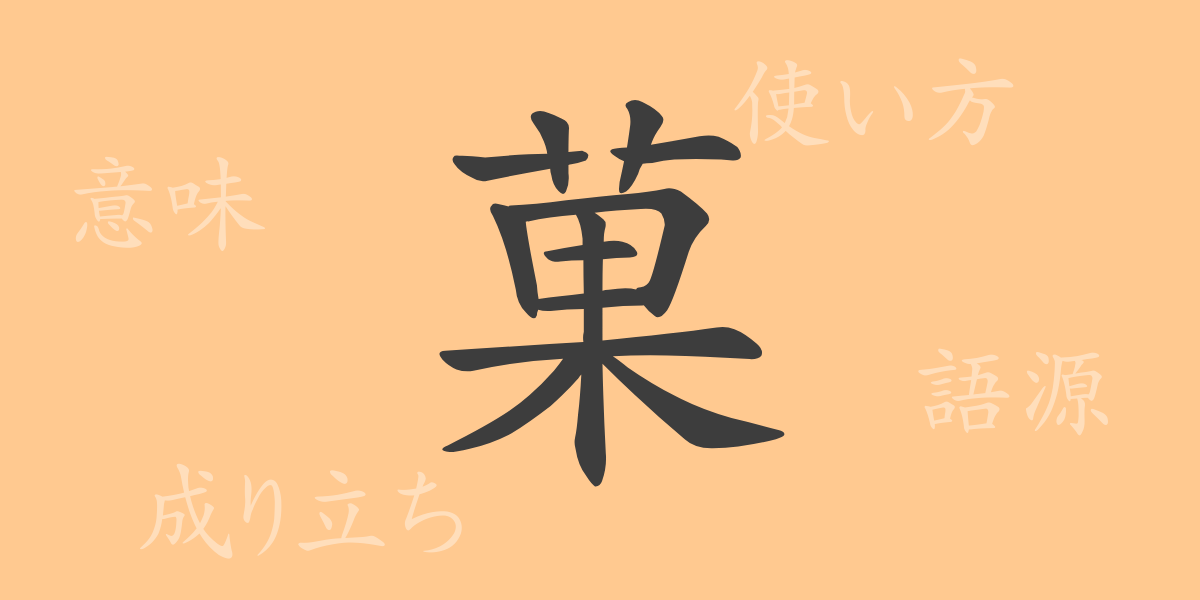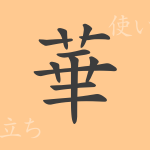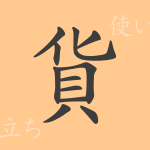Japan’s culture features unique characters that have been passed down from ancient times. Among these, the kanji “菓” (Ka) is deeply ingrained in our daily lives and cherished by many. In this article, we delve into the allure of the commonly used kanji “菓” (Ka), exploring its origins, meaning, usage, and even idioms and phrases that include it. While the story may start with delicious sweets, the world of “菓” (Ka) is indeed much broader and deeper.
The Origin (Etymology) of 菓 (Ka)
The character “菓” (Ka) originates from ancient Chinese kanji. It is composed of the character for tree “木” (Ki) and the character representing fruit “果” (Ka). Therefore, the etymology of “菓” (Ka) refers to fruit on a tree or simply fruit. In Japan, the kanji brought from China has evolved uniquely, and along with the word “菓子” (Kasi), it has become an integral part of Japanese life.
The Meaning and Usage of 菓 (Ka)
The primary meaning of “菓” (Ka) is used as a term for fruits or fruit products. It is also beloved in the form of “菓子” (Kasi), meaning sweets or snacks. In terms of usage, “菓” (Ka) is often used to refer to a broad range of food products made with fruit, enjoyed at celebrations or during seasonal transitions with various confections.
How to Read 菓 (Ka), Stroke Count, and Radical
The kanji “菓” (Ka) has a unique reading and structure.
- Reading: Onyomi (Sino-Japanese reading) is “か”, there is no specific Kunyomi (native Japanese reading)
- Stroke Count: A total of 14 strokes
- Radical: 艸 (Kusakanmuri)
Idioms, Phrases, and Proverbs Using 菓 (Ka) and Their Meanings
There are many idioms, phrases, and proverbs that include “菓” (Ka) in the Japanese language. For example, “菓子折り” (Kasiori) refers to a gift of sweets brought when visiting someone, and “菓子談義” (Kasidangi) means light, inconsequential talk or idle chatter. Such expressions are widely used in Japanese communication, evoking images of cozy times surrounded by sweets and pleasant conversations.
Conclusion on 菓 (Ka)
The meaning imbued in a single kanji character can reflect a nation’s culture and history like a mirror. The character “菓” (Ka) signifies not only fruits and sweets but also symbolizes the richness of people’s lives and hearts in the Japanese language. Through this article, we hope that our readers have come to appreciate the rich worldview held by the character “菓” (Ka). The next time you pick up a sweet treat, why not savor the history and culture encapsulated within this single character and enjoy the moment even more?

























